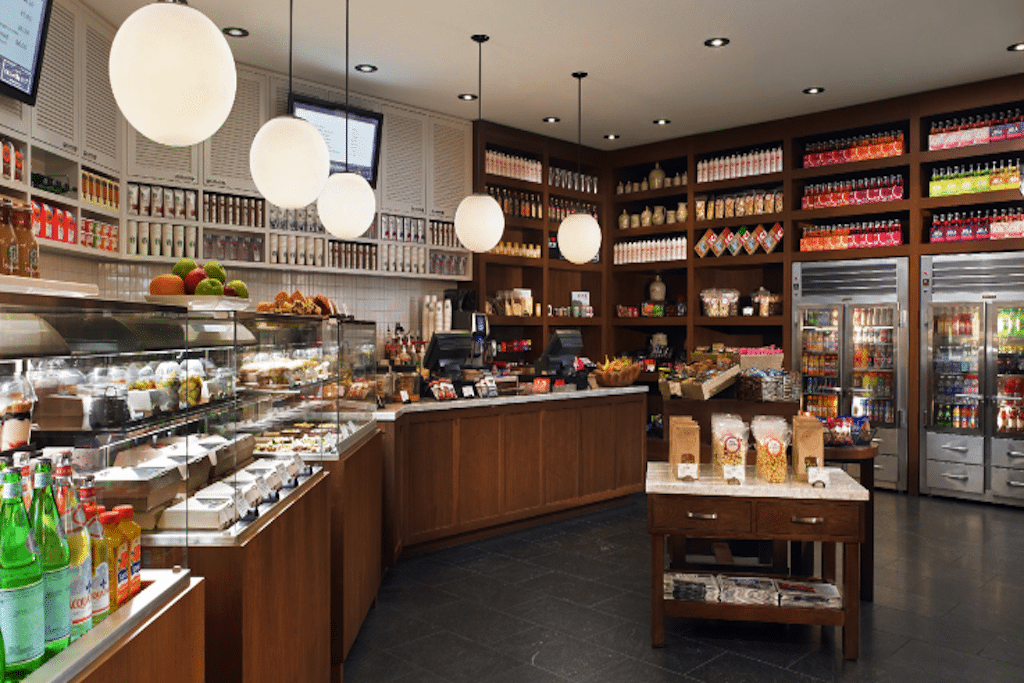Locally grown foods and furniture are good for hotel reputations and wallets

Skift Take
The time factor is just one of myriad factors driving today's hotel developers to do their shopping closer to home.
Some independent boutique hoteliers in cities such as San Francisco and New York have long pushed for interior design components created by local artists or for their restaurants to feature locally grown foods. Now, the trend appears to be broadening to smaller travel markets and even to chain hotels.
Some of this effort has been spurred by hospitality industry players with an eye on the environment and concern over the natural resources required to ship products from across the country or around the globe. But while those environmental benefits are very real and carry wide appeal, the real motivator for pushing this trend further into the mainstream is simple economics.




